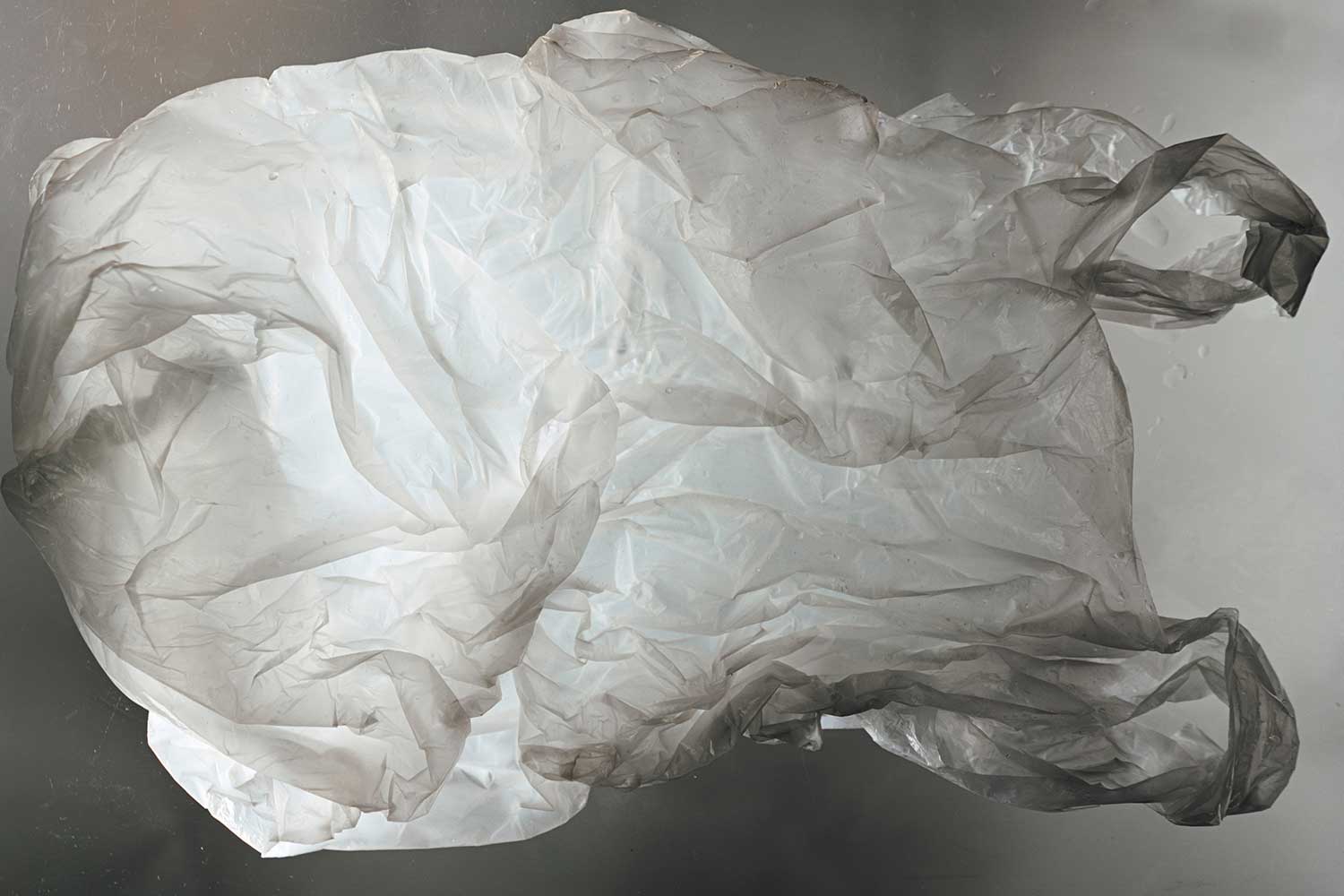Macau Environment Protection Laws are enacted following the general and increasing trend on worldwide environmental protection measures, the Legislative Assembly has recently approved and the Chief Executive ordered the publication of Law no. 16/2019, setting forth a number of rules with respect to the restrictions on the supply of plastic bags within the Region.
The legislation, which comes into force on November 17th of this year, primarily seeks to reduce the negative impact of plastic bags on the environment, as a way to gradually refine the consumer’s environmental awareness and behaviors by means of imposing a contribution/tax over the use of those items.
Although relatively simple and straightforward, there are a few details worth pointing out, notably in terms of some of the legislator’s options, restrictions imposed, and respective exceptions, and also with regards to the inspection of compliance with its provisions through the definition of infractions and setting of penalties.
Firstly, the sole focus of the law is to tax every plastic bag used within the acts of retail sale in commercial establishments, leaving wholesale out of the equation.
We should bear in mind however that there is an overwhelming difference in the usage of plastic bags between retail sale and wholesale, which is much more significant, and therefore, the government might have opted to introduce a new tax on plastic packaging, which was not done.
The second observation to be made is related to the choice made by the legislator allowing for free plastic bags to be supplied to carry both unpackaged food or medicines not previously packed, as well as for products purchased at retail outlets located within the passenger boarding or disembarkation areas of the airport, or in corridors giving access to such areas.
In this instance, one could argue that most unpackaged food consists of fruit and vegetables, which are washable and often come in their own – compostable – natural wrapping.
Plastic packaging can, of course, help to keep food hygienic, and also makes it more convenient for consumers to grab and go, although the overall result might not be in the best interest of the environment.
In terms of monitoring compliance with the law, the Directorate of Environmental Protection Services is responsible for this task, having free access to any retail establishment, in particular for the verification of data records, if any, concerning the collection of plastic bags supplied to customers.
The violation of the provisions of the law constitutes an administrative offense sanctioned by MOP1,000.00 for each plastic bag and MOP10,000.00 patacas in the case of breach of the duty to cooperate by the retailers and respective staff, such as managers, directors, and assistants.
This being said it is also worth noting that companies (even if irregularly incorporated) are also liable for the offenses set forth in this law when committed by their corporate bodies or representatives, on their behalf, and in their collective interest.
As for the charging value, there is still no price tag on each plastic bag, and it will be determined by an Order from the Chief Executive later on, during this year and presumably before the law comes into force (November).




